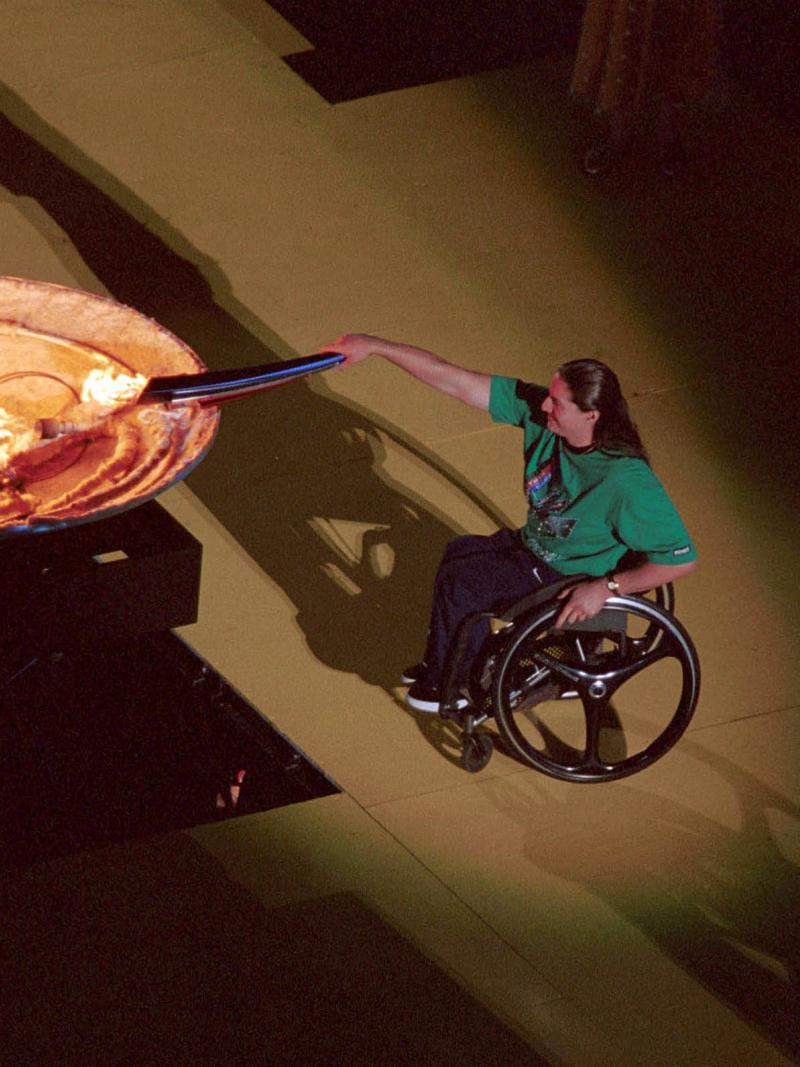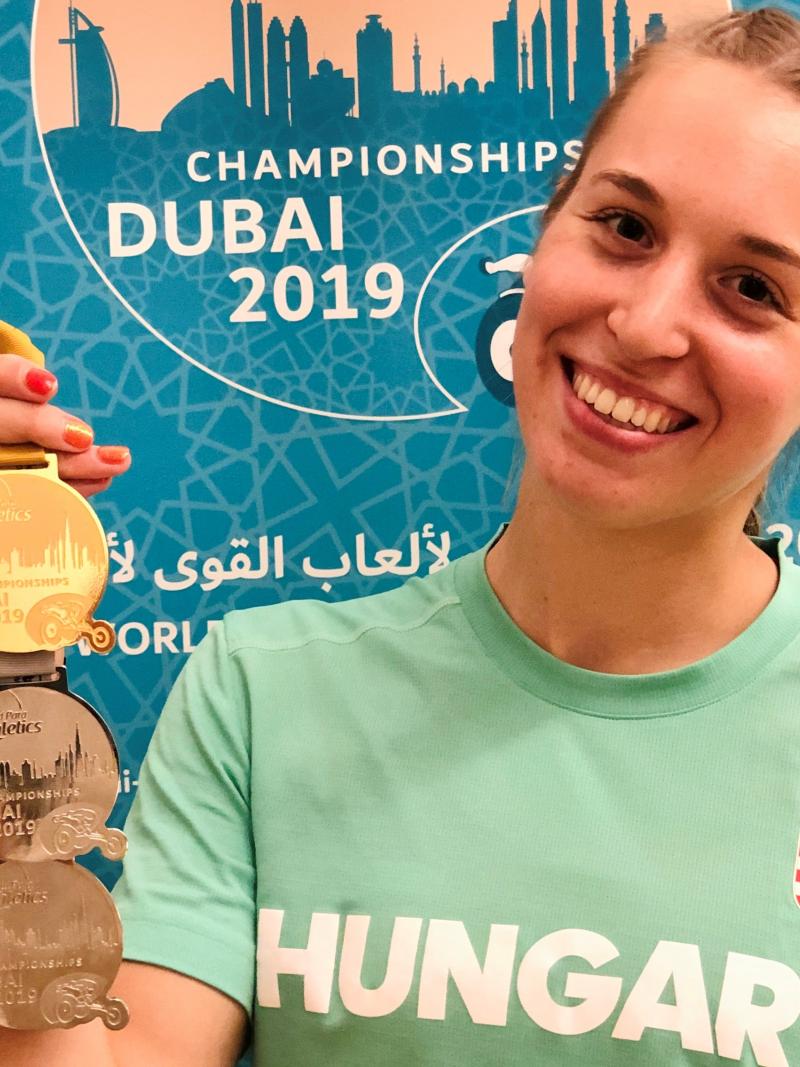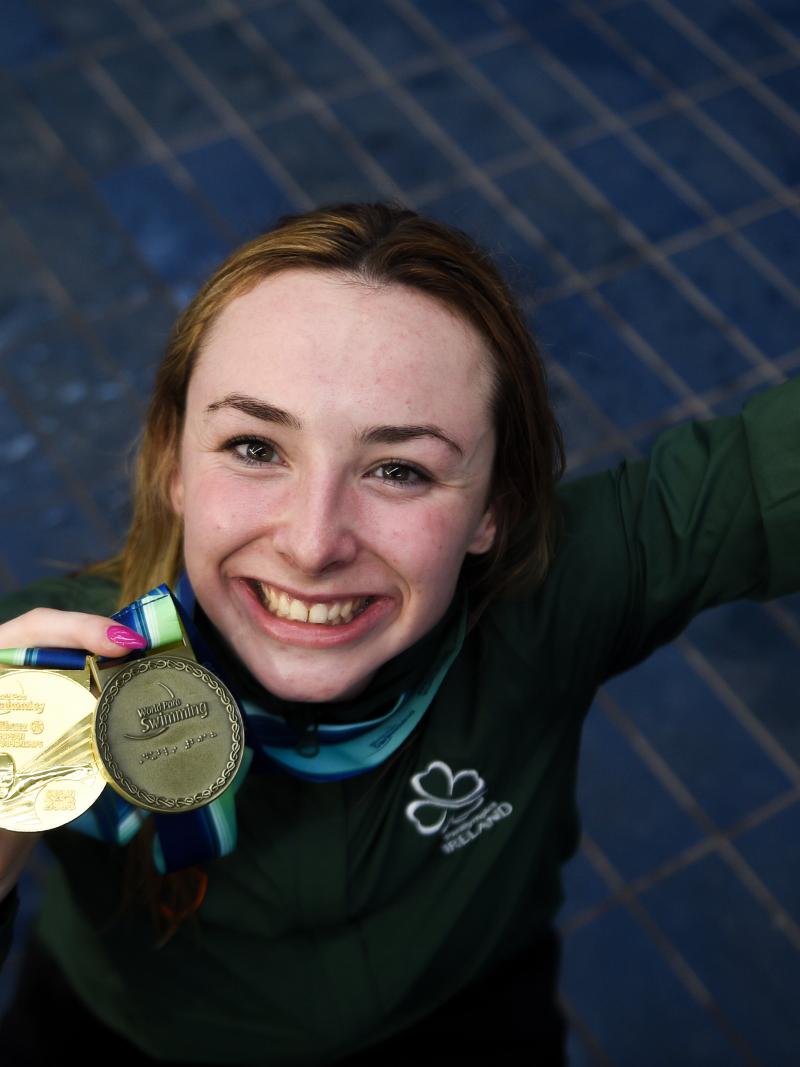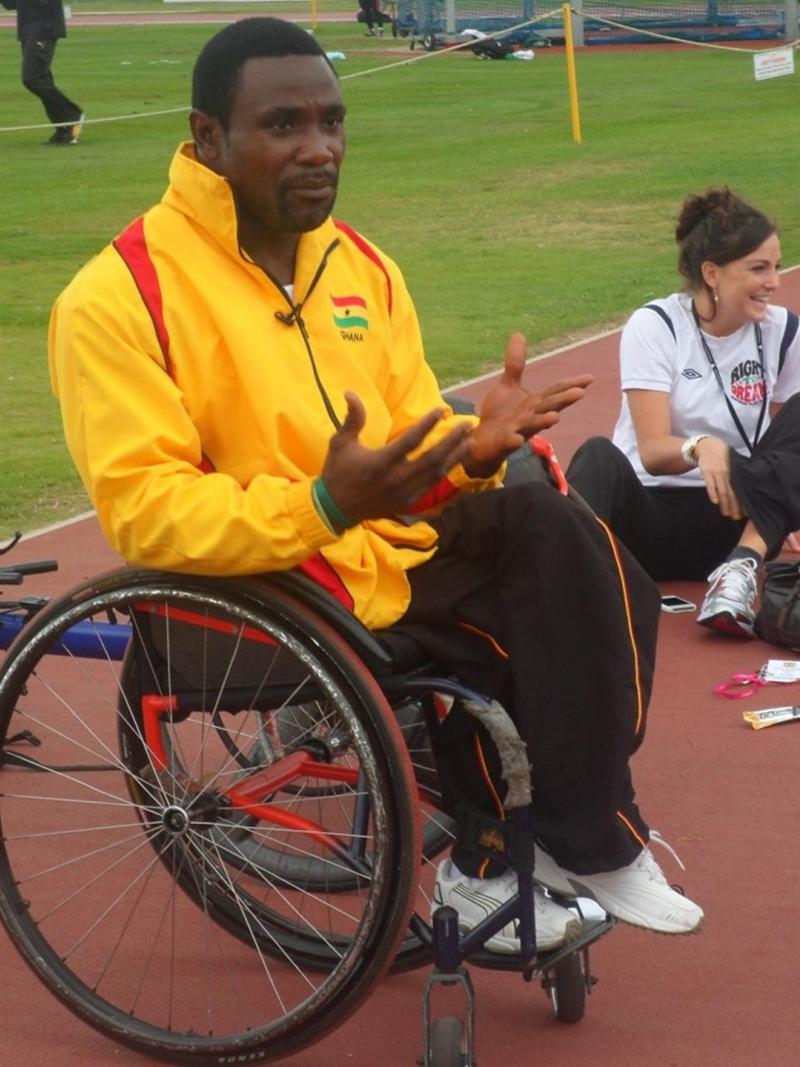Sydney 2000: The Games of Firsts
It was the first Paralympic Games to sell one million tickets 18 Oct 2020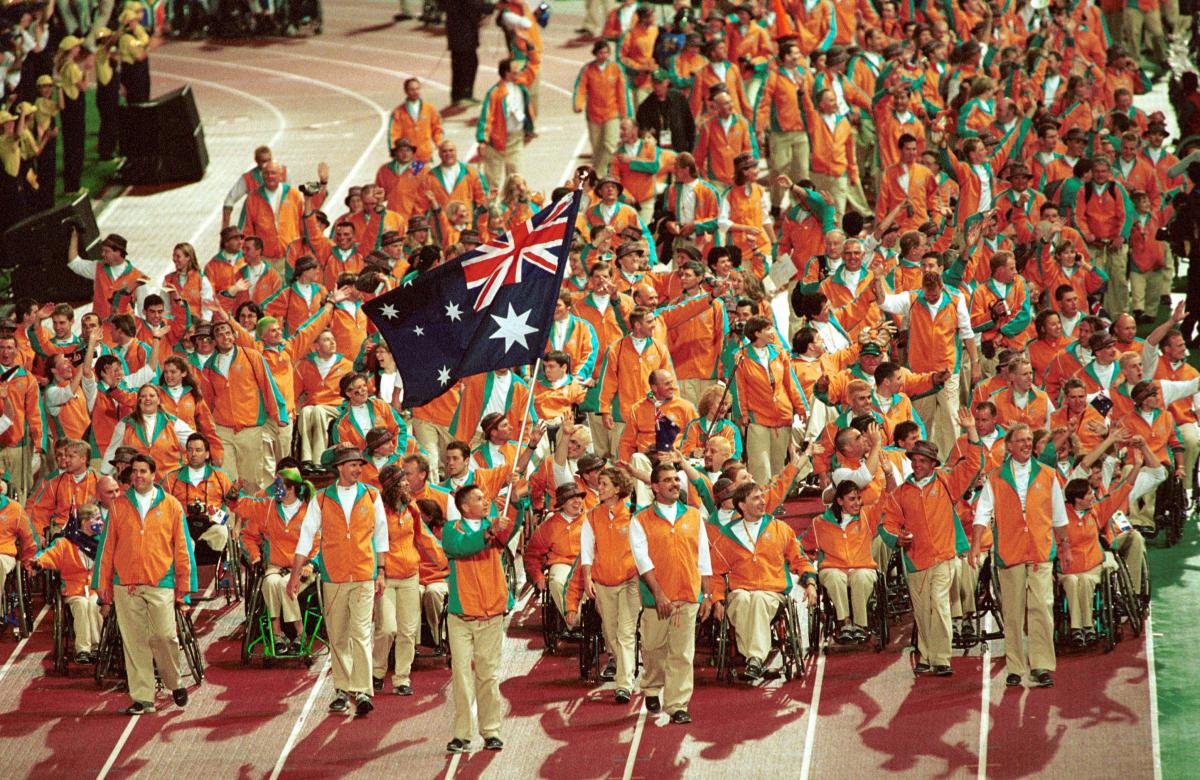
On this day, 20 years ago, the world was a different place. There was a buzz in the air as people celebrated the new millennium, and the day marked the start of the Sydney 2000 Paralympic Games.
It wasn’t just the first Paralympic Games to take place in the Southern Hemisphere, it was the first of the millennium and the world was united and energised in celebrating sporting achievements from all backgrounds and nations across the world.
In a Games of many firsts, the Sydney 2000 Paralympics were also the first Paralympic Games to sell one million tickets. The demand to see 3,800 athletes compete across 11 days of fierce international competition was unprecedented, and became a turning point for the movement.
It was the last edition of the Paralympic Summer Games which was run independently of the Summer Olympics, but efforts to unify the two events had already begun at that time, with the Athlete Village merged together for the first time.
The campaign for the Sydney 2000 Paralympic Games was also a milestone for the movement in Australia. With such a low profile of the event in the years preceding the bid, the famous Australian city had no interest in taking on the Olympic counterpart until a few months before the final bid in Monaco occurred.
Adrienne Smith, a sporting inclusion activist and the executive secretary of the Australian Paralympic Federation, together with Australia’s first winter Paralympic representative lobbied to ensure the Paralympic Games were part of Sydney’s bid for the 2000 Olympics, and underwritten by the Federal and State Governments. Part of their lobbying was that Paralympic athletes would be treated the same, compete under the same conditions and receive the same support as Olympians.
This too, was something that was unprecedented and would set up the future of the movement to what it is today.
With a home ground advantage, Team Australia, led by Chef de Mission Paul Bird went on to top the overall and gold medal tallies finishing with 63 gold, 39 silver and 47 bronze medals, a total of 149 medals for the Games. It was the first and only time to day that Australia had finished on top of either an Olympics or Paralympic medal tally.
Some notable performances from the Games included Siobhan Paton from Australia, who won six gold medals in S14 swimming events and set six world records, Timothy Sullivan who won five gold medals and set five world records in athletics, and Louise Sauvage who not only lit the cauldron but won multiple events in wheelchair racing, which set her up for a long and illustrious career.
While Sydney 2000 was a time of celebration, the Games were also one of scandal which saw intellectual impairments removed from the following two Paralympic Games. Following the gold medal match, it was discovered that the winners of the tournament, the Spanish ID basketball team allowed athletes with no disabilities to compete. The athletes were exposed and the impairment was represented for the first time again at the London 2012 Paralympic Games.






